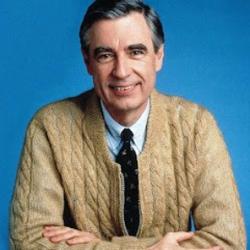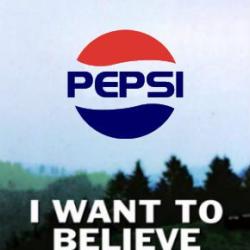The Philadelphia 76ers selected Nicola Vucevic with the 12th pick of the NBA draft yesterday. Vucevic played college ball at USC where, as a junior last year, he averaged 17.1 points per game and 10.3 rebounds.

That’s a nice addition for the Sixers, though I’m not sure it will have much of an impact as far as changing their status as a team destined to sneak into the playoffs and then get knocked out in the first round.
But this post isn’t really about the 76ers or Vucevic or basketball.
This post is about immigration.
Nicola Vucevic is from Montenegro, but he’ll be playing professional basketball in Philadelphia because he’s 7 feet tall and he’s good at basketball. And if you’re 7 feet tall and good at basketball, then it doesn’t matter where in the world you were born, the NBA will find you and bring you here. It brought Dirk Nowitzki here from Germany. It brought Yao Ming here from China, and Luc Mbah a Moute from Cameroon, Samuel Dalembert from Haiti, Dikembe Mutombo from the Congo, Hamed Haddadi from Iran, Zydrunas Ilgauskas from Lithuania, DeSagana Diop from Senegal and Pau Gasol from Spain.
That’s why the National Basketball Association is the best basketball league in the world.
That could change, easily, if David Stern retired as NBA commissioner and were replaced by, say, Arizona Gov. Jan Brewer or Georgia Gov. Nathan Deal or Alabama Gov. Robert Bentley or any of the other prominent politicians who argue that restricting immigration and demonizing immigrants is the key to prosperity. Their brand of the politics of resentment wouldn’t stand for allowing foreigners like Vucevic to earn jobs that might have gone to native born Americans.
Put one of those people in charge of the NBA and their cramped nativism will wind up doing to the league the same thing they’re now doing to their states’ economies.
Update: The United States still has an NBA-quality higher education system, but as Matthew Yglesias points out, it’s getting to be less so.












